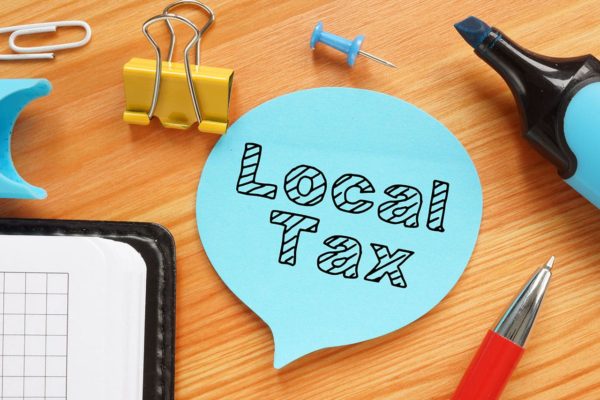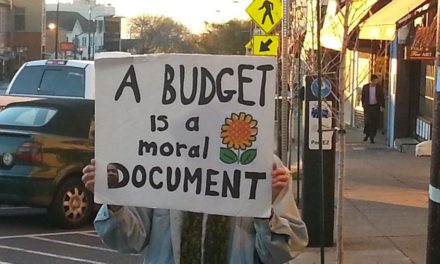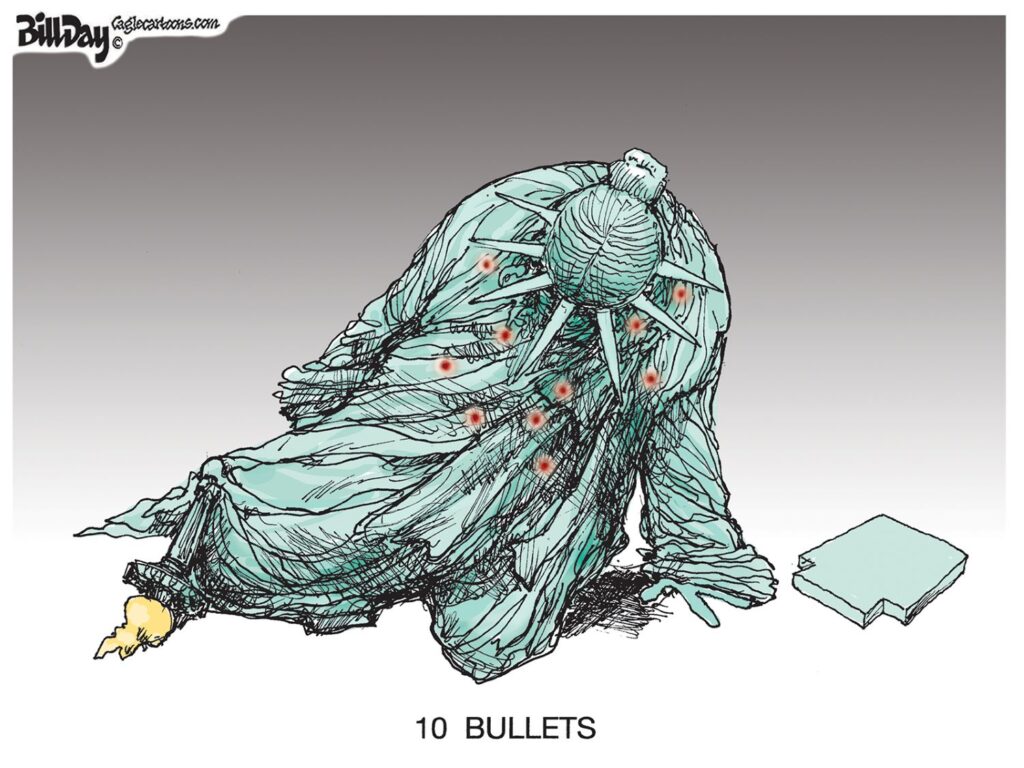State law forbids local governments from receiving windfalls from reappraisal but that doesn’t mean that they don’t have opportunities to increase their revenues.
That’s what’s under way in the municipalities outside Memphis but so far Memphis and Shelby County Governments give all appearances of standing pat with the certified tax rate that results from the reappraisal by Shelby County Assessor Melvin Burgess’ office.
The certified tax rate is the amount that lowers the tax rate to bring in the same amount of taxes as the year before reappraisal. That’s required by the state’s “truth in taxation” law.
Except for one time in recent decades, reappraisal results in an increase in property values. As a result, that certified tax rate calculation results in a significant cut in the property tax rate; however, in lowering that rate, it creates the opportunity for local governments to add tax increases to that certified rate and the new rate is still lower than the current tax rate.
Here’s the CliffNotes version: all property in Shelby County is reappraised, resulting in an increase in the tax base (this year, the increase averaged 32%); state law requires that the existing tax rate be rolled back so that the total revenue collected does not exceed the total revenue in the previous year and the new tax rate will be set on that amount; local government works with the state comptroller’s office to agree on a new, lower certified rate; and the government must adopt the new certified rate before it can vote on a tax rate increases.
It’s simpler than it sounds: step one is accepting the certified tax rate, step two is then raising that rate after a public hearing.
No Tax Increase for Memphis and Shelby County
Former Commercial Appeal reporter Jimmie Covington put it this way in an earlier post on this blog: “Despite what media outlets often report, the governments are not banned from receiving a revenue windfall as a result of a reappraisal but the approach is designed to prevent them from receiving a windfall without notifying taxpayers they have implemented a tax increase.”
Shelby County Mayor Lee Harris said his proposed budget reduces the county property tax rate by 20% – from the present $3.39 per $100 of assessed value to $2.73 – but that was political grandstanding. As Mr. Burgess accurately pointed out, Mr. Harris had nothing to do with the new tax rate because it was the result of the assessor office’s work in compliance with state law.
Considering the pressure on county government to pay for a new Regional One hospital, a new Shelby Jail, and new schools and schools’ deferred maintenance, it’s surprising the mayor is cavalier about increasing the tax rate.
Over the years, Shelby County has taken advantage of reappraisal to raise the tax rate but in the last two reappraisals, it only added a one-cent increase. When A C Wharton was county mayor, he increased the county tax rate by 14 cents following the setting of the certified rate.
Meanwhile, in Memphis, there seems no appetite for increasing taxes after last year’s 49-cent hike, which raised the rate from $2.71 to $3.20. The 49 cents was still less than the 75 cents that Mayor Paul Young requested. Based on City Council budget hearings so far, the need for more revenues is obvious but Mayor Young has staked out the political upside when he stated that he was not asking for a tax increase.
According to the assessor’s office, Memphis has seen a 34% increase in property valuations from reappraisal. It means that City Council could add the 26 cents from last year to the new certified tax rate and the resulting tax rate of $2.97 would still be lower than today’s rate of $3.20.
The question is whether City Council has the political courage to ask for any tax increase at all, much less the 26 cents that was cut from Mr. Young’s request last year. There’s no sense this is its inclination, particularly after the mayor grabbed his headline about no tax increase. However, after listening to budget hearings, it’s obvious that an increase of just 10 cents could solve a lot of problems.
Lower Certified Tax Rate Doesn’t Mean Lower Tax Bills
Even with the lower certified tax rate, it doesn’t mean that homeowners in high-value areas of Memphis and the suburban municipalities will have lower tax bills. That’s because the assessor’s reappraisal of their property increased the value so much higher that it more than offset the lower tax rate and means that overall, they will pay more.
The average increase in the municipalities was 39% in Bartlett and Lakeland; 38% in Millington; 37% in Arlington; 31% in Collierville; and 30% in Germantown.
While Memphis and Shelby County governments appear to be standing pat with the new certified tax rate, the municipalities are taking the opportunity to produce new revenues from a tax increase.
Some opponents are accusing them of using the anti-windfall state law to have a windfall in new revenues by obscuring it in the machinations of the reappraisal and certified tax rate.
Towns Pursuing Tax Increases
Germantown is considering a 29-cent tax increase above the certified tax rate of $1.5168 per $100 assessment. It would result in a property tax rate of $1.8068, just barely below the current rate of $1.832.
Collierville has already scheduled a public hearing on May 27 for a proposed tax rate of $1.62 per $100 of assessed valuation. It represents a 12-cent tax increase over the certified rate of $1.50. The current Collierville property tax rate is $1.84.
In Bartlett, Mayor David Parsons is proposing a 35-cent tax increase over the certified rate of $1.3128. The new tax rate would be $1.66, seven cents under the current rate of $1.73.
Arlington is pursuing a 10-cent tax increase above the certified tax rate of $1.06, bringing the new tax rate to $1.16. The present property tax rate is $1.28.
It’s easy to see the allure of using reappraisal to increase the tax rate for local governments. Mayors are able to say they have lowered the towns’ tax rate. That said, because of the increase in assessed valuations, most homeowners in the towns will still see their tax bill get larger.
**
These commentaries are also posted on the Smart City Memphis Facebook page and on Instagram along with occasional articles, reports, and commentaries that are relevant to Memphis.




